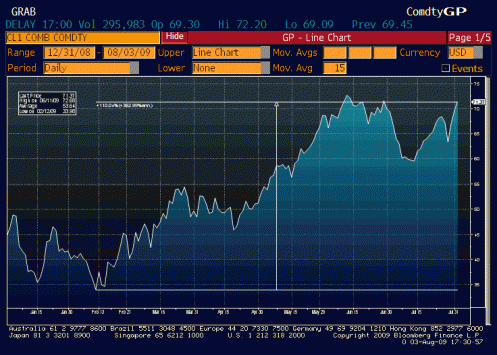
Evidence of falling U.S. production and a drop in supplies outside of OPEC will help the oil market “move close to balance” in the latter half of 2016, the International Energy Agency declared, stating world surplus would diminish to 200K barrels a day.
Will the upcoming producer meeting in Doha help? According to the energy watchdog, the impact of an output freeze deal “will be limited” since a rebalancing is already taking place in the market.
Russia’s energy minister also suggested today that only a framework, not concrete commitments, will be the focus of gathering on April 17.
Comments by Saudi oil minister Ali al-Naimi in the al-Hayat newspaper in which he confirmed his country’s position that an outright production cut was out of the question weighed on prices earlier, traders said.
“Forget about this topic,” al-Naimi told the paper, when asked about any possible reduction in his country’s crude output.
Iranian oil minister Bijan Zanganeh does not plan to attend the Doha meeting but Iran will be sending a representative, an Iranian journalist from the Seda weekly wrote on his twitter account on Wednesday.
Iran has already said it does not plan to participate in the freeze agreement as it seeks to boost its production in the post-sanctions era.
“We believe that any agreement to freeze output which excludes Iran would largely be an acknowledgement of existing conditions at the main participants,” UBS said in a note on Wednesday. “Current spare capacity is confined mainly to Saudi, and we believe that the prospects for capacity growth elsewhere within OPEC are limited — indeed some of the more peripheral producers are likely to see output decline this year (Venezuela, Algeria, Ecuador).”



































